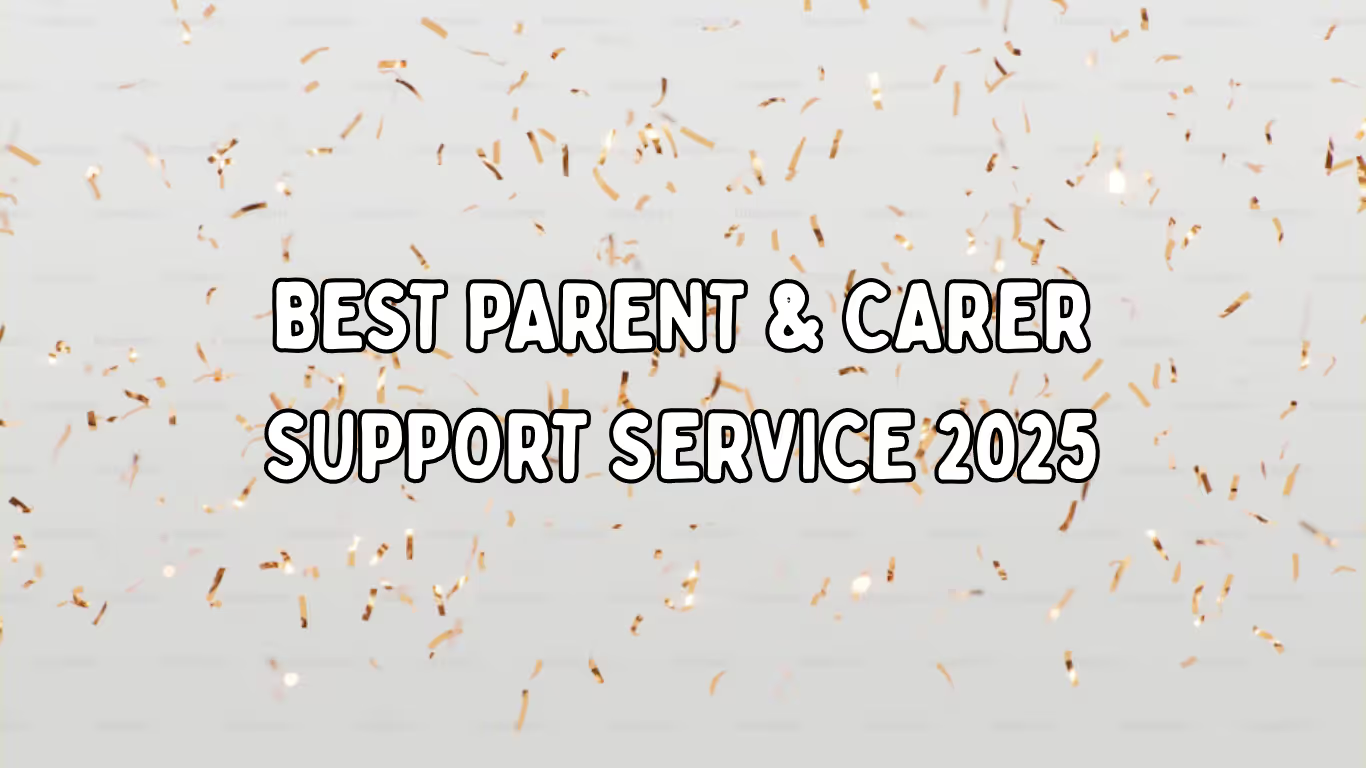The transition from childhood to adulthood is one of the most rapid and significant stages of development.
While many of the changes that happen during this time are universal, the pace and timing can vary widely, not only between individuals but even within the same child at different times.
Factors such as nutrition, environment, and family life can all influence a child's development.
The years between childhood and the start of adolescence – typically the 'tween' years, between around 9 and 12 – can be especially full of change. These years often bring a mix of excitement and challenge. Children might move from being the "big kids" at primary school to feeling small again in a larger, more impersonal secondary school. The onset of puberty and changing hormones can feel overwhelming, and social dynamics often shift, too.
Adolescence is a time when young people begin to form their own identity, usually spending more time with peers and less time at home.
What's Going On in Their Brain?
What's happening to your child's development during this time?
While every child is unique, there are some commonalities. Biological maturity typically happens before emotional and social maturity. In the brain, the limbic system (which manages things like emotions, pleasure-seeking, and sleep regulation) develops earlier than the prefrontal cortex – the part that handles decision-making, planning, impulse control, and organisation.
This means that, for a while, your child may be driven more by emotion and reward-seeking than by logic or long-term thinking. It's why you might see impulsive decisions, mood swings, or big emotional reactions. The brain is still under construction, and they need support as they learn to manage it.
Why This Matters
Because decision-making is still developing, younger adolescents can be especially vulnerable at just the time when they're starting to look outside the family for influence.
Some young people are more at risk than others – for example, those growing up with poverty, family conflict, or around adults struggling with substance misuse. Mental health difficulties and other challenges that emerge in adolescence are often shaped by both these biological changes and the social environment around them.
And the effects can last well into adulthood.
However, understanding what's going on beneath the surface can be helpful. When young people – and the adults who support them – have insight into the changes happening during this time, it becomes easier to offer compassion, stability, and care. And it's essential to remember that no two young people are the same.
Talking With Your Adolescent Child
If you're reading this and you're over 25 – congratulations, you survived adolescence! While your adolescent might be interested in hearing about your experiences growing up, they're less likely to appreciate being judged or talked down to.
Try to listen without jumping in straight away. Hearing them out without reacting too quickly can make a significant difference in maintaining open communication. Long lectures often go unheard. A young person who is upset or in crisis will struggle to absorb information unless it's clear, concrete, and delivered in a way they can understand.
Young people often express big feelings that pass quickly – hating someone one day and being best friends the next. Empathise and listen without criticising others, especially friends. If you criticise someone they're angry with, it may backfire when things smooth over the next day.
Keep communication open, loving, and respectful – but consistent. Young people need boundaries and limits. They will test them, and that's normal. Let them know what the consequences will be if limits are crossed, and make sure they also know they can still come to you if they're ever in trouble.
For example:
"If you come home late without letting me know, you'll lose screen time for a day – but I still want you to talk to me if something's going on."
Looking After You
Lastly, don't forget about your well-being. Parenting through the early adolescent years can be emotionally exhausting. It's well recognised that the baby and toddler years can trigger anxiety and overwhelm, but those feelings don't automatically disappear as children grow.
You don't need to do it all on your own. Create a wider support network and avoid relying solely on your partner – relationships benefit from shared pressure. Make space for your feelings and needs. Make time for rest, connection, and whatever helps you feel grounded. You matter too.
If you're finding things tough, you're not alone.
Holding Space offers support for parents and carers navigating these challenging years, and we're here to help you feel more confident and connected as you support your child.
Written by Jenny Warwick, counsellor with over 13 years of experience, and expert for parents of teens and tweens.







